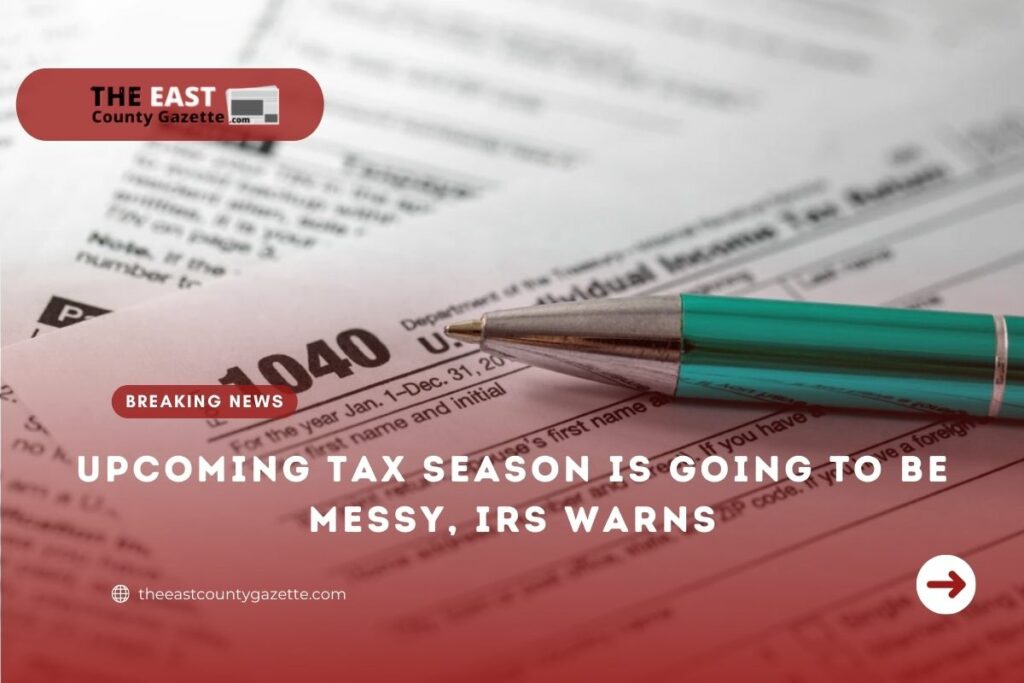According to the Internal Revenue Service, taxpayers will have to file federal income taxes between Jan. 24 and April 18 this year due to staffing shortages and paperwork backlogs.
Treasury Department officials said in a briefing on Monday that the I.R.S. would have difficulty answering taxpayer questions promptly, NYTimes reports.
There would also be a decline in service levels.
Republican legislators are to blame for the lack of resources at the agency since they have blocked efforts to increase its funding.
In addition to an additional $80 billion over a decade, the Biden administration had asked for additional staffing of nearly 87,000 employees and technological upgrades for the Internal Revenue Service.
As part of the Build Back Better Act, which is stalled in Congress, the administration has made the latter request.
By shrinking the so-called tax gap, or tax money owed to the government but not collected, the Treasury Department estimates that the federal government could receive $400 billion in additional tax revenue over a decade if the I.R.S. enforcement powers were strengthened.
Treasury officials noted that with fewer than 15,000 employees on hand will handle 240 million calls in the first half of last year, one person handled every 16,000 calls.
So far, the I.R.S. workforce has been flat since 1970 despite the United States’ population growing by 60 percent since 1970 and becoming more complex, the Treasury Department said.
Read More: Before Filing Taxes, You Should Read IRS Letter 6419 – What Is It and Why Should You Read It?
The number of auditors employed by the agency is at its lowest level since World War II.
“In many areas, we are unable to deliver the amount of service and enforcement that our taxpayers and tax system deserve and needs,” IRS Commissioner Charles P. Rettig said.
“This is frustrating for taxpayers, for I.R.S. employees, and for me.”
“Additional resources are essential to helping our employees do more in 2022 — and beyond.”
Last year, Republican politicians seized on the Biden administration’s plans to beef up the Internal Revenue Service, predicting that it would be used to spy on Americans and target conservatives.
An effort to require banks to give the IRS additional taxpayer data was defeated by their attacks.
Due to the distribution of pandemic-related economic impact payments and child tax credits last year, this year’s tax season will be more complicated than normal.
The amount of money received by taxpaying individuals will need to be reported.
Individuals should generally receive refunds within 21 days after they file their tax returns electronically, according to the Internal Revenue Service.
Due to Emancipation Day in Washington, most taxpayers will have to make it up before April 18 which is Tax Day.
Though, each state has its own deadline for filing taxes, so make sure to take note.

